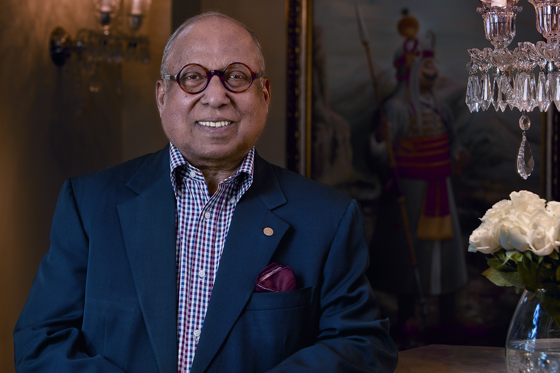People — especially employees — must come first in 2015 on the operational front. This is just one of the predictions revealed in a wide-ranging forecast for the coming year published in the December print edition of HOTELS. Hoteliers need to be proactive about training and retaining staff, according to Russell Kett, chairman, HVS London.
So what is really new about this? Many international hotel chains truly follow this motto and that is why they have been so successful in spreading their wings internationally. On the other hand, many of our Indian chains barring the exception, just mention this in their credo but blatantly look the other way when other interests come up. Thus profitability, guests, ego, personal agenda, etc. take over and the employee is left behind.
In the current trough that we are undergoing since the past 3 years, it is only the ethically strong who have supported their employees through falling bottom lines and declining revenues. Don’t get me wrong – I am not talking of downsizing in the case of excessively staffed hotels… I am referring to the pink-slip being given merrily in some organizations with no thought of the employee. Even in the case of downsizing, I have yet to hear of hotels assisting the employees who are let go, to get new jobs.
What these hotel owners need to realize is that the atmosphere created is negative and will only take their business down further. Also, when the business trend begins moving north in a year’s time, as is forecasted; their employees will not be loyal to them.
Hence People — especially employees — must come first in 2015 on the operational front.




